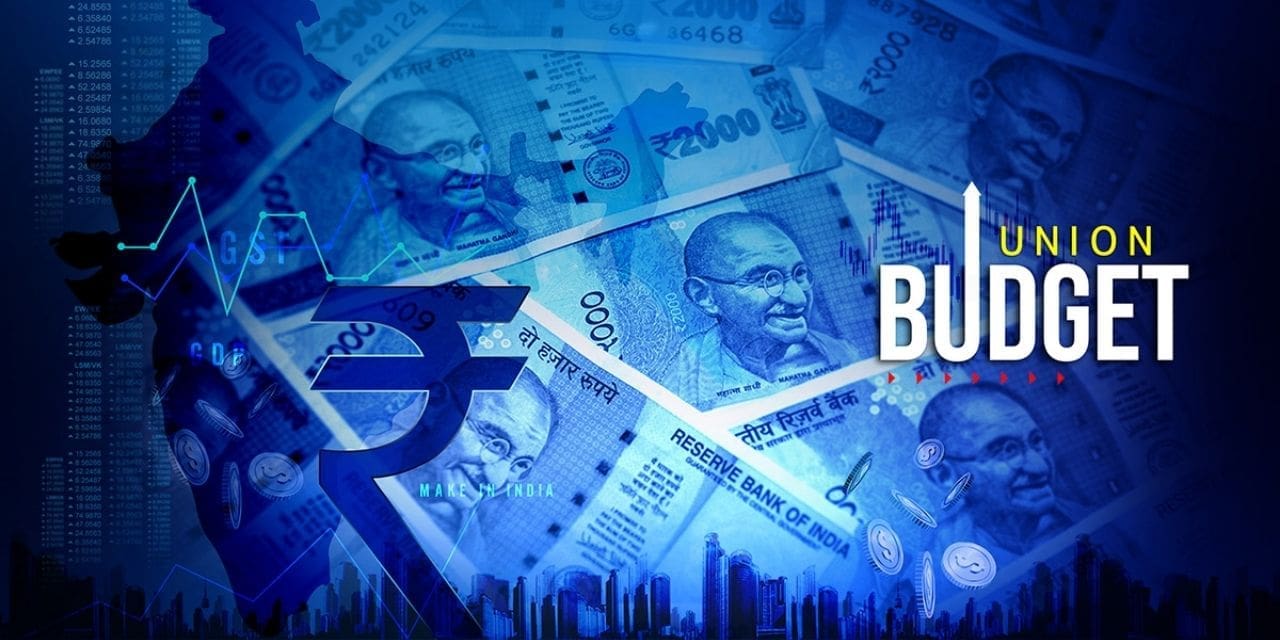Comment by Dr Vijay Kalantri, Chairman, WTC Mumbai on Union Budget 2024-25
“I commend the Honorable Minister of Finance for delivering the budget for a record seven times in a row—a feat uncommon among India’s finance ministers. The budget’s comprehensive approach to assisting MSMEs, startups, infrastructure, agriculture, skill development, e-commerce, and tourism is something I applaud. Building manufacturing capacity through investment promotion and smart policy is urgently needed.
The government has announced the opening of more SIDBI branches in MSME clusters, loosened new credit standards for SMA categorized loan accounts of MSMEs, and promoted collateral-free MSME credit. Together with the training of 4 crore youth, emphasis on infrastructure, and digitalization of agriculture, I hope these measures will contribute to India’s economic progress.
During the Amrit Kaal, the Hon. Finance Minister outlined the steps needed to realize the USD 40 trillion economic ambition. In particular, I applaud the government’s decision to raise the standard deduction for salaried classes, abolish angel tax for all investor classes, and decriminalize minor TDS offenses.
I applaud the Hon’ble Finance Minister for striking a balance between increasing investment and consumption and bringing down the fiscal deficit to 4.9% from the 5.1% projected in the interim budget. I’m looking forward to the budget announcements being implemented effectively on the ground.
In addition, the budget does not include any significant policy initiatives that may have encouraged MSMEs to invest in R&D, boost production capacity, or promote industrial investments or infrastructure. Lower personal income tax rates would have helped the working class and increased consumption. In addition, there should only be two GST slabs instead of the current three in order to facilitate business dealings, lessen uncertainty, and prevent lawsuits.
I anticipate that in the future, the government would rationalize the GST system by lowering prices on necessities like cement, imposing the GST on fuel, electricity, and real estate, among other things.
Additionally, the government may have unveiled plans to further facilitate business operations for start-ups and MSMEs. Due to complicated local procedures for registration, fund raising, unfavorable tax treatment when exiting investment, restricted FEMA standards for conducting business with overseas clients, and other factors, startup owners these days choose to register their companies abroad rather than in India.
To encourage investment and boost India’s exports, the government may have also declared the creation of an official trade promotion organization with offices abroad.

